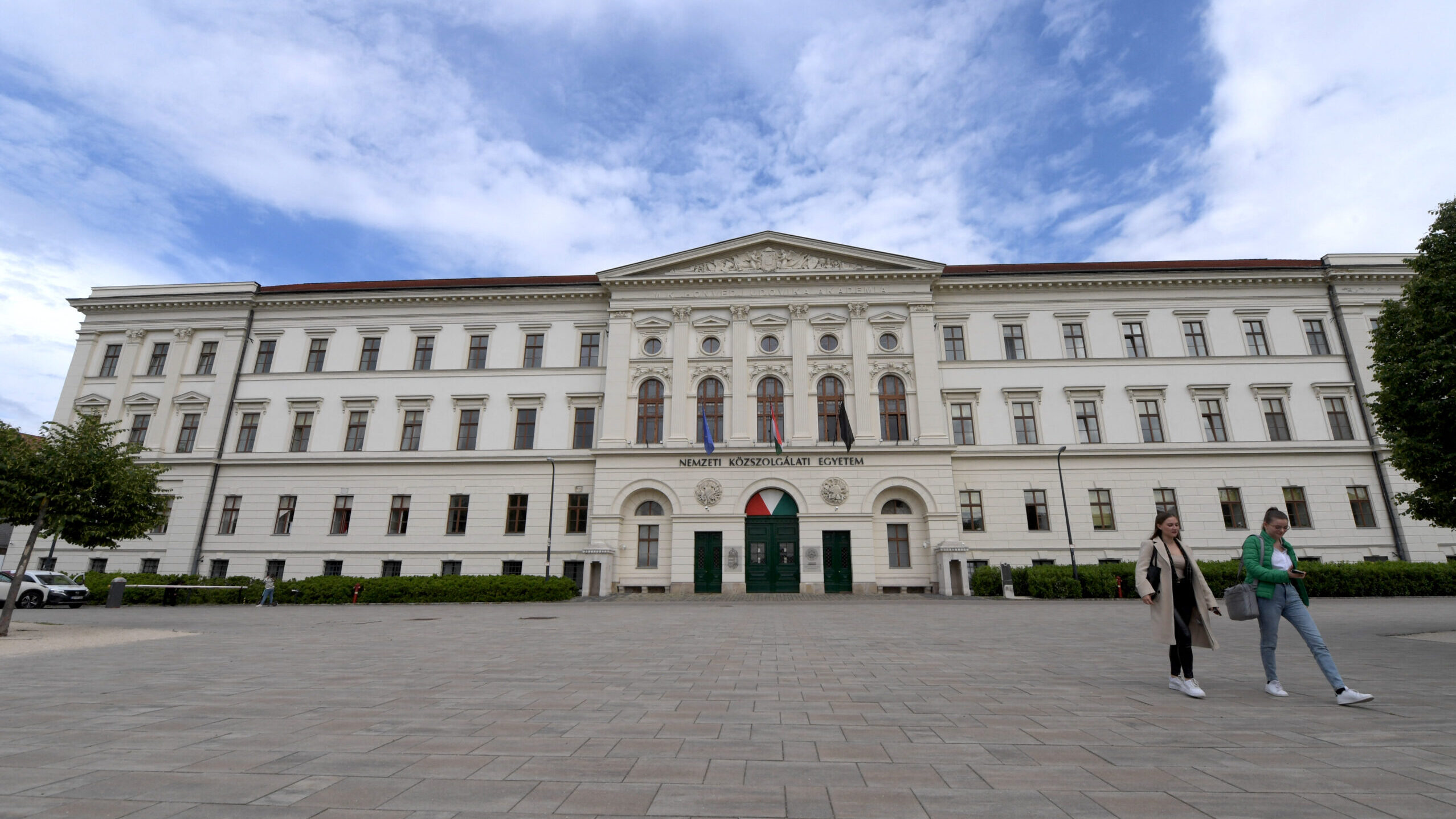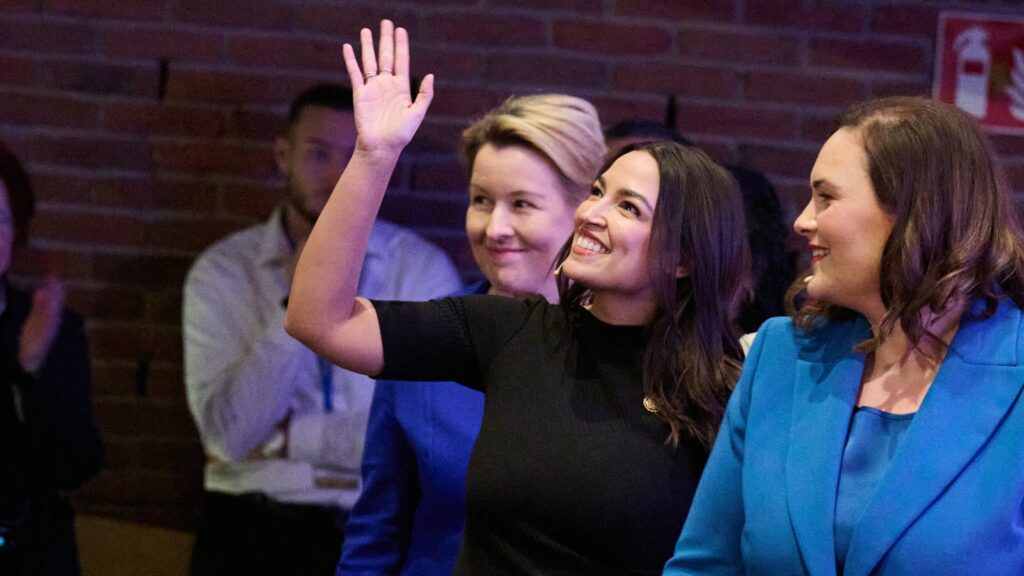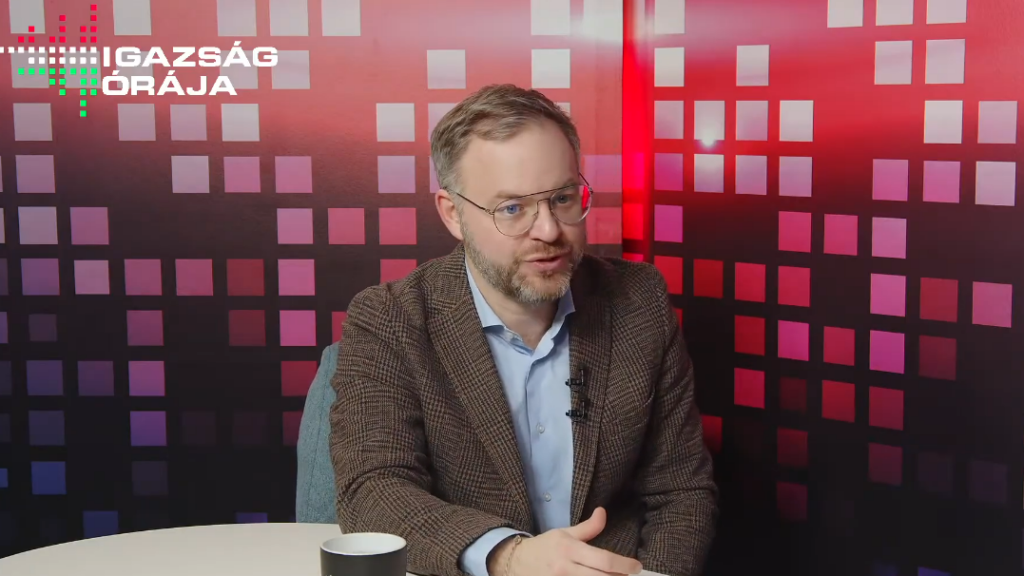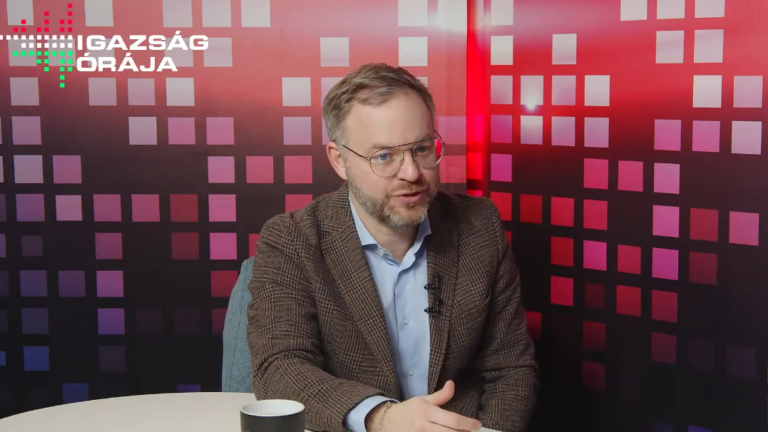In a recently published opinion piece in Newsweek, Director of Constitutional Studies at the Manhattan Institute and author of ‘Lawless: The Miseducation of America’s Elites’, Ilya Shapiro, and former legal policy analyst at the Manhattan Institute Charles Yockey praised the Hungarian higher education reform as a model for conservative governments to follow.
At the outset of their piece, the authors contend that Western universities have abandoned neutrality, becoming ‘fortresses of ideological conformity’. ‘Anyone who diverges from progressive orthodoxy is excluded from faculty ranks, free inquiry is subordinated to activism, and taxpayer funds flow into administrative bureaucracies that enforce political correctness,’ they argue. Shapiro and Yockey also maintain that reform is unlikely to come from within and must therefore be imposed externally. For that, they note, conservatives already have a model to follow: Hungary.
Since 2021, the Hungarian government has restructured public universities into foundation models, where boards of trustees—comprising academics and civic figures—oversee academic integrity and accountability. While similar governance structures exist in Germany and the Netherlands, Prime Minister Viktor Orbán and his government faced immediate backlash, both domestically and—unsurprisingly—from Brussels. As of 2025, Hungarian students are excluded from the European Union’s student exchange programmes, and Hungarian researchers from the Horizon programme as retaliation.
As Shapiro and Yockey argue, the criticism was not technical—since the model has proven successful—but rather political. ‘Hungary’s critics oppose this restructuring not because they fear dysfunction, but because they fear competition.’ The authors point to the underlying reality revealed by these reactions: to Western progressives, ‘academic freedom’ no longer means freedom to pursue open inquiry; instead, it has been distorted to mean ‘higher-ed grandees’ exclusive right to determine who participates in scholarly life.’ This effectively suppresses dissenting views, excludes nonconformists, and protects institutional monopolies under the pretence of intellectual neutrality.
To illustrate their point, the authors cite a case familiar to our readers: ‘Nowhere has this dynamic become clearer than in the recent controversy surrounding Balázs Orbán, the political director to Hungary’s Prime Minister Viktor Orbán.’ As Hungarian Conservative reported at the time, in December 2024 the political director successfully defended his PhD dissertation, which was approved by a faculty committee, awarded the highest honours, and passed all academic and procedural reviews. Nevertheless, it became the target of progressive left-wing academics for alleged ‘political favouritism’ and plagiarism—the latter claim abandoned when no evidence emerged. One professor called on the university to deny the degree outright, not because of scholarly deficiencies, but solely due to Orbán’s political affiliation.
The progressive academic backlash was so blatantly orchestrated that even government critics described it as a ‘coordinated intimidation’. ‘The opposition was not to the content of his work, but to the idea that someone aligned with Hungary’s government could be allowed to participate in academic life at all,’ Shapiro and Yockey emphasized.
According to the authors, this pattern is not unique to Hungary: ‘American universities famously screen out candidates based on “diversity statements”, enforce other ideological litmus tests, and use public funds to support political activism. Institutions that were created to educate citizens have become tools for reshaping them.’
Shapiro and Yockey offer reform proposals fundamentally based on the Hungarian model, outlined in the Manhattan Statement. They urge the elimination of ‘political loyalty tests’ in hiring and admissions, the disbandment of race-based bureaucracies, and the restoration of merit as the primary hiring criterion. They also call on institutions to enforce free speech in practice, warning that those refusing to comply should face defunding. ‘These are not radical demands, but overdue correctives necessary for restoring public trust in higher education,’ the authors write.
‘The state has not only the right, but also the duty, to act’
In conclusion, Shapiro and Yockey argue that institutions like Mathias Corvinus Collegium (MCC) prove the success of the foundation model. ‘It represents a different vision of what academic life can be.’ In their view, the ideal academic environment is one in which public institutions serve the public, students and professors from across the political spectrum can participate without being treated as ‘intruders’, and universities are judged by their production of knowledge and education rather than by their reinforcement of progressive narratives.
They conclude by stressing that the state must intervene if universities begin to act as engines of ideological enforcement and discrimination, noting that such institutions are not above the political community that funds them. ‘The state has not only the right, but also the duty, to act,’ they assert, adding that Hungary demonstrates reform is both possible and effective.
Related articles:







